A young woman, dead. A tragic story, buried. And a granddaughter, journeying through her family’s history to find the truth — and herself.
This is what I know of Iris’ documentary when I show up on her doorstep on a Saturday night. Iris is my cousin’s girlfriend, studying to be a film director at the University of the Arts Utrecht. For her graduation project, she is directing a documentary about her grandmother, who died of an illicit abortion in Israel at the age of 19.
“Our father used to tell us that our grandmother died of a stomach ache,” Iris tells me. “[He said] she was in the car with my grandfather to the hospital, and on the way she died. But one day, my uncle from Boston — her brother — told me and my brother the real story. She didn’t die because of a stomach ache; she died because of an abortion. This was the first time we heard about this, and it was a really big moment,” she says.
“This is a story that’s been haunting me for my whole life. When I decided to make my graduation film, it was the first thing that came to my mind.”

The story
“My project is a documentary called Safta Judith, which is Hebrew for grandmother Judith, and it’s about my grandmother,” Iris tells me. “It’s a very personal film.”
I ask her to tell me more about what she knows of her grandmother’s story.
“My grandmother, Safta Judith, died really young. She got pregnant right after giving birth [to my father], and she decided to have an abortion while knowing she was already too far along in her pregnancy. This family drama affected so many people, especially my father, who was raised by his grandmother while thinking that she was his mother. Meanwhile, my grandfather remarried with the nanny, and the whole family blames him for Safta Judith’s death. They think he pushed her to this abortion so he could be with the nanny,” she says.
“The bottom line,” she continues, “is that nobody really speaks about my grandmother. We only have this one photo of her, and a vague story about her death. We don’t know when she died exactly, we don’t know when she was born exactly. We don’t know anything about her – who she was and why she wanted to have this abortion, and whether my grandfather is really guilty.”
The process
This story, this family drama that Iris admits she has carried with her ever since she found out, is what has motivated her to create this documentary. She has been working on the film for about a year already, and expects it to be done by November 2016. I ask how she’s been working on it so far, and what’s next.
“First, I gathered my crew — cameraman, editor, sound guy, and a producer. We did research, and then I went to Israel for five months to study,” Iris says. “My purpose was really to do research about my family, who mostly live in Israel. While I was there, I had to decide how I would tell this story. It was a long process – writing and rewriting, visiting family, going to the place where it all happened, visiting my grandfather’s family, going to her grave.”
“Now I’m doing the crowd-funding to raise the money to go back to Israel, because filmmaking is always really expensive. It will be a five week trip to Israel, Toronto and Boston.” Israel is where most of her family lives, but an uncle of hers lives in Toronto. That uncle has a suitcase with the last remnants of Safta Judith’s story — letters and artifacts that Iris has never seen before.
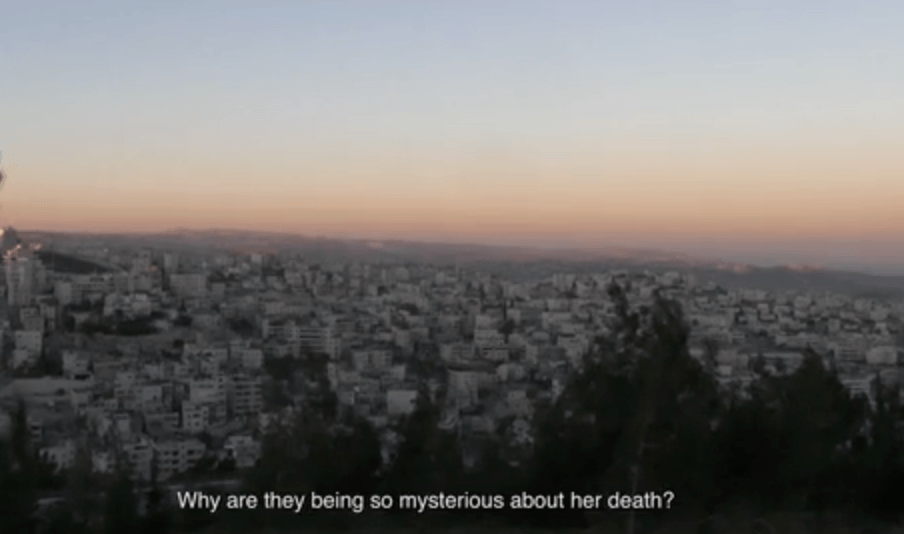
The hope
“What are you hoping to find by telling this story?” I ask.
“I really want to know what pushed her to have this abortion, and I think it has a lot to do with my grandfather. I hope to find out more about her personality, and whether I look like her. That’s a weird question to have, maybe; but I always look for myself in her photo. I want to be close to her, for some reason,” she says.
“But I also want to be close to my family,” she continues. “The time in which this happened is so different from where I live in now. I live in the Netherlands – a very modern world. But this family comes from Tunisia; they were Jewish, and they had traditions that I don’t practice. They lived in an Arabic country and moved to Israel — a very big deal. It’s such a different world, and I want to understand that side of me. I want to understand myself more.”
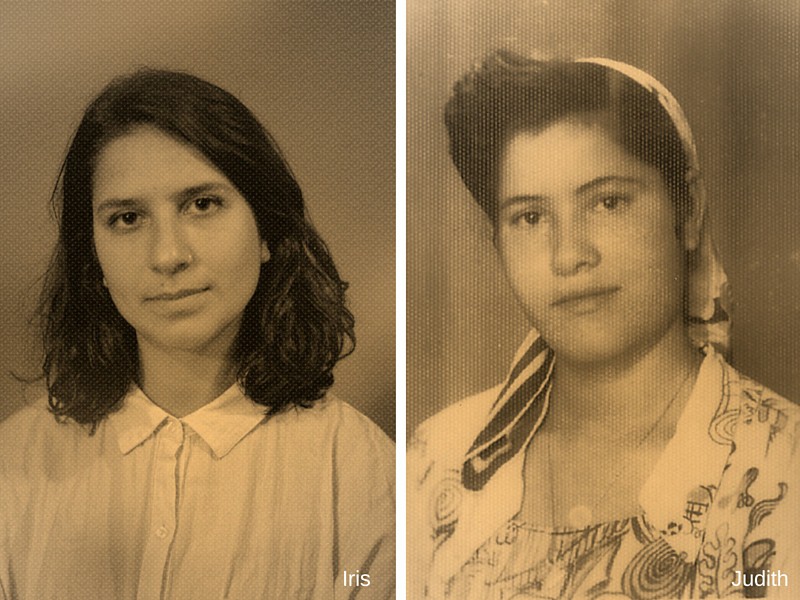
The goal
Iris and her team hope to finish this documentary by November 2016, but that can only be done with your help. Through CineCrowd, she is raising money to cover travel and equipment costs so she can finish uncovering this story, and share it with all of you. You can watch a little more of her story, and find out more about her goals, in this video (which has English subtitles, as will the film itself):
To support Iris and her team as they create this film, you can make a donation of as little as $10 here, at CineCrowd, or by clicking on the button below.


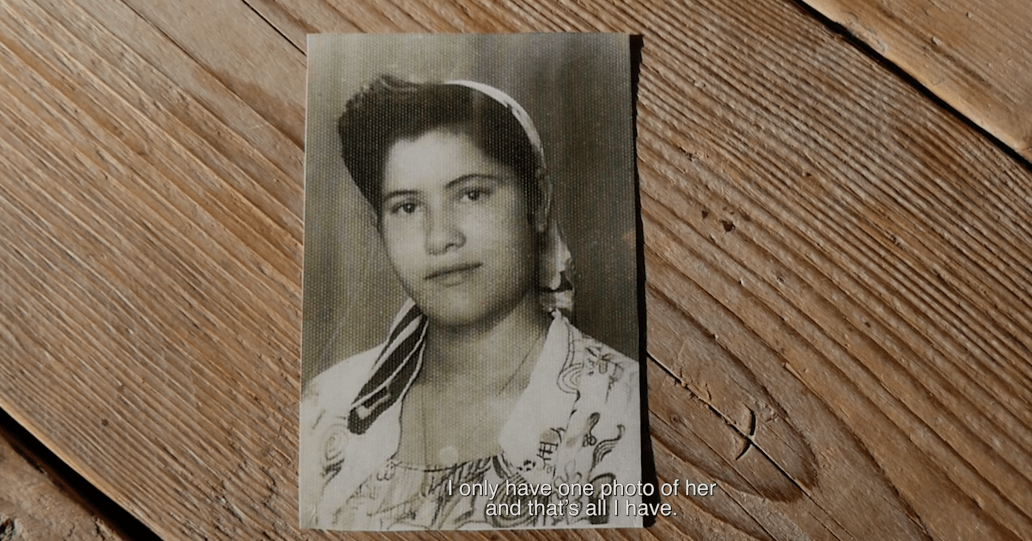

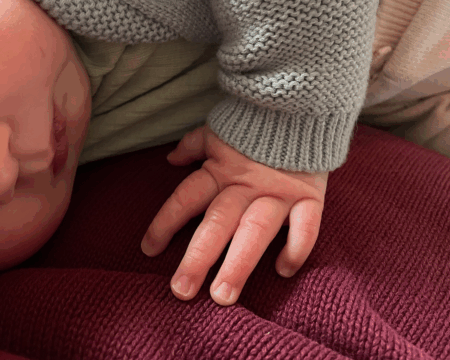
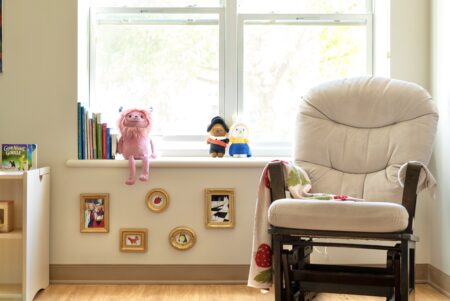

Just saw the “Safta Judith” film on Dutch TV.
Iris is that one craftswoman able to paint the deep moods of a soul in just a few strokes: the signature of a Master of Art.